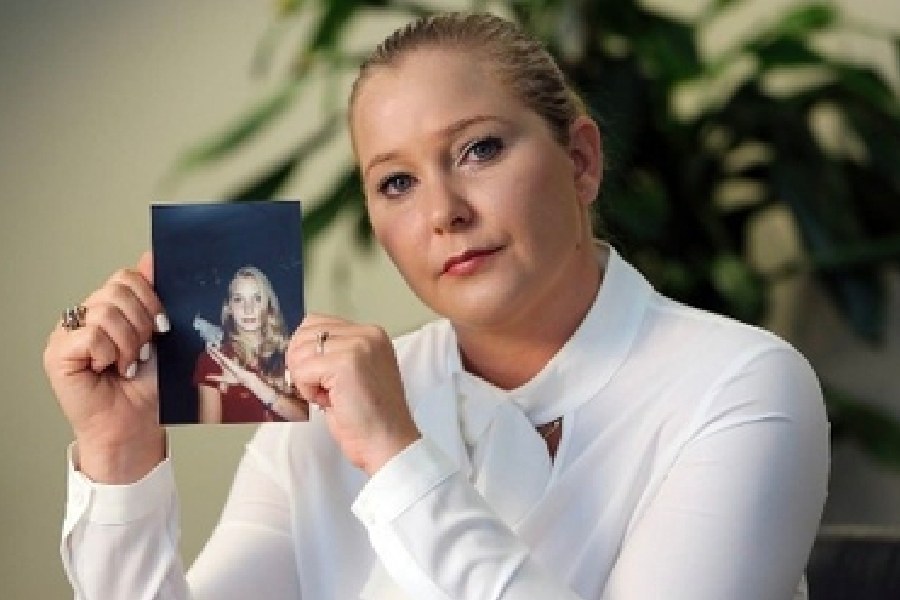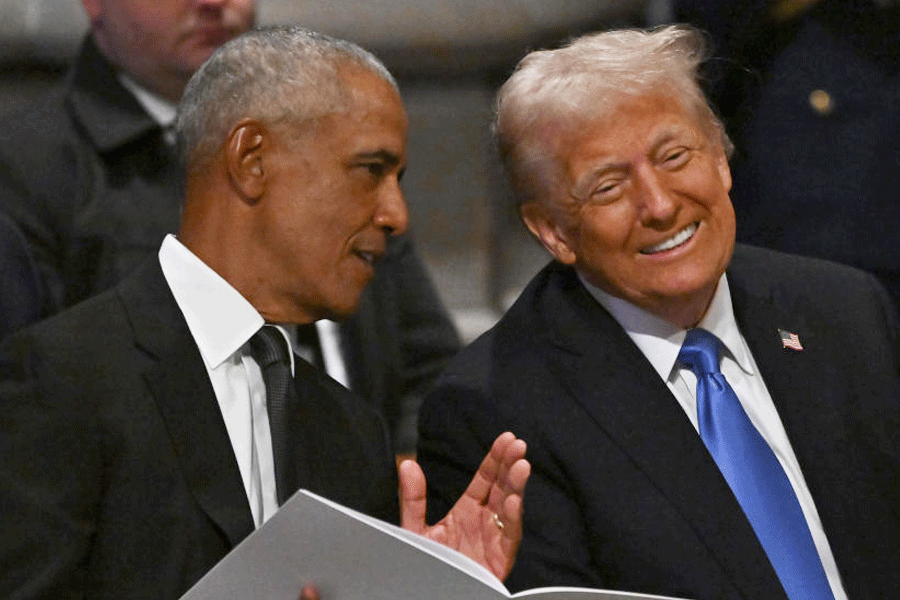The question of who should speak for Adivasis has never been satisfactorily addressed. Non-tribals or outsiders’ research on them is somewhat sceptically regarded by Adivasi scholars; it needs assessment from the tribal groups themselves. Sonajharia Minz, a professor at the Jawaharlal Nehru University, has decided to create a digital archive of tribal languages. She is the Unesco co-chair of Transforming Indigenous Knowledge Research Governance and Rematriation and shares her Chair with a Canadian professor of Simon Fraser University. Ms Minz plans to create digital platforms to be used by different tribal groups, which will contribute accounts of their knowledge and culture. What is exceptional in this project is that these platforms will not be freely accessible. The tribal groups themselves will decide if they want to share their material and also with whom they wish to share it. For the first time, the Adivasis will speak for themselves, make decisions about sharing their knowledge. They are afraid of exploitation. So far, research has tended not to give credit for their knowledge, even if non-tribal people use it for themselves. In Canada, there are already such proprietary platforms.
Ms Minz’s analysis points to a deep conflict between the languages, cultures and knowledge of tribal people with those of the modern mainstream. This alienation began in colonial times. Adivasis have to forget their language and culture and train themselves in terms of contemporary education in order to be on the job market. Forgetting language means rejecting an entire culture, including food and songs and the activities of everyday life. Ms Minz’s decision to document languages on a digital platform is a way of keeping traditions alive. It is for the future when young people are looking for their past. She is also planning a curriculum for early education in tribal languages. That, too, is most important. The alienation of tribal children begins in schools where the teacher speaks a different language. Not only is this a culture shock but it also slows comprehension.
Ms Minz claims that there is now a critical mass of tribal experts throughout the country. It seems a propitious time for Adivasis to speak for themselves. But the project itself is based on irony as well. Without the modern system of education, of which Ms Minz and the tribal experts are beneficiaries, the digital archive with proprietary platforms would not have been possible. What is needed is a golden mean, where modern education and tribal culture go hand in hand and students are not forced to forget their language. The planned curriculum for early education in tribal languages is just a step in that direction but it is not enough. It is for the tribal experts and other academics to collaborate in finding curricula that will give the choice of keeping up with tribal history, language and culture of the tribal group a student comes from. Only then will Adivasis be fully vocal.










